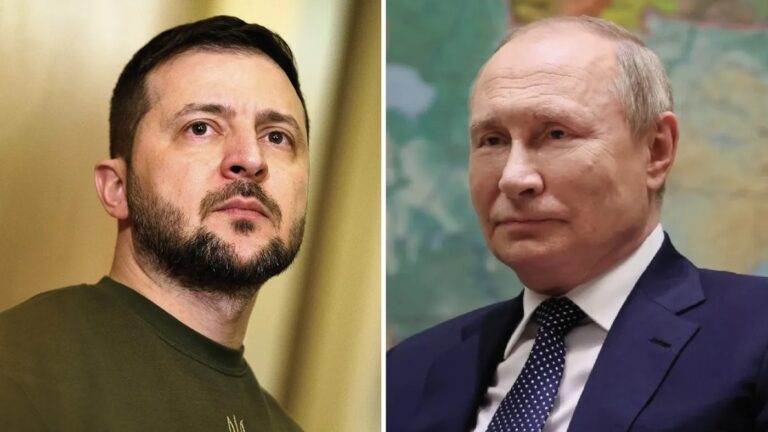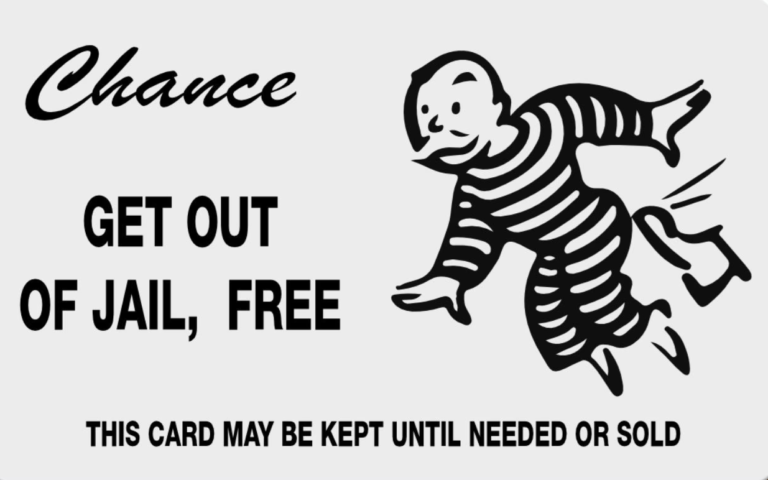The Sweetness of Silence

We live in a very noisy world. To a certain extent, we have become programmed to eschew silence. Silence has become an enemy of sorts. The moment we might come to experience a moment of silence, we grab for our cell phones, turn on a computer, listen to music, etc. The bottom line is that few of us really experience the joy of silence anymore.
Studies have shown that silence contributes to numerous physiological and psychology benefits, among them being stimulating brain cell growth, relieving stress, boosting creativity and improving concentration. A landmark study published in the medical journal Heart (2006 April 92(4): 445–452) entitled “Cardiovascular, cerebrovascular, and respiratory changes induced by different types of music in musicians and non-musicians: the importance of silence” showed that even two minutes of silence has more beneficial health effects and is more relaxing than listening to so-called “relaxing” music. Scientific studies alone might be reason enough to convince us to spend at least part of our day in silence, but what if you knew that there was an even greater benefit to silence than any of the benefits known to scientists?
It is taught in Likutei Moharan 6 that every person must work on minimizing his own honour [kavod] while maximizing the kavod of Hashem. Further, it is taught there (6:2): וְאִי אֶפְשָׁר לִזְכּוֹת לַכָּבוֹד הַזֶּה אֶלָּא עַל־יְדֵי תְּשׁוּבָה וְעִקַּר הַתְּשׁוּבָה כְּשֶׁיִּשְׁמַע בִּזְיוֹנוֹ יִדֹּם וְיִשְׁתֹּק (And it is impossible to merit to this type of kavod except through repentance [teshuvah], and the essence of teshuvah is when one hears his own disgrace and is silent and quiet). It may seem very surprising to read that the essence of teshuvah is silence in the face of insult or disgrace. If someone transgresses one of Hashem’s commandments, confesses and promises to work on never committing that transgression again, isn’t that a sufficient response testifying to one’s genuine teshuvah? Why is teshuvah only proven out by being silent in the face of insult? What’s the connection?
In the beginning, Adam ha-Rishon [Primordial Man] ate from the tree of which he was explicitly told not to eat. There are many levels in understanding this original sin and the motives behind it, but one aspect of it was that Adam ha-Rishon was trying to resolve an existential conflict created within him from the moment that he came into existence. This existential conflict is known as נהמא דכיסופא [nahama d’kisufa], typically translated as “bread of shame” (but it doesn’t have anything to do with bread as we think of bread). What is the essence of this conflict and why was he created with it? Adam ha-Rishon was created as an incredibly high spiritual being in an upper world known as Yetzirah. He could see from one end of the world to the other end and was such an awesome and magnificent being that the angels wanted to worship him. He was carved out of the Divine Essence itself, and was literally חלק אלוק ממעל (chelek Eloka mima’al, i.e. a portion of G-d above), a reality we cannot even begin to fathom. As such, he had a tremendous sense of empowerment. He was the greatest aspect of creation. He was the pinnacle of everything that Hashem made. In terms of Kabbalah, we say that he had a very strong sense of keter [crown]. He was king over the creation and he knew it. However, he also had a tremendous sense of disempowerment. How so? Although he knew that he was at the summit of creation and literally a chelek Eloka mima’al, he also knew very profoundly that he was, after all, just a creation. There was no way around this. He wasn’t the Infinite, the Ein Sof, he was “only” a chelek Eloka mima’al. He was finite and he had limits. And this tension needed to be resolved because he wouldn’t have been able to exist eternally in peace and joy without resolving the source of this tension. In other words, Adam ha-Rishon (and by extension, every one of us) needed to resolve his inherent and very real nahama d’kisufa, i.e. that he was given such an amazing gift of unprecedented greatness without having earned any of it.
There is really only one way to resolve nahama d’kisufa and that is to nullify oneself, to become literally nothing and to feel deeply inside one’s heart that Hashem really is everything. It means to transform the אני [ani, I] of oneself into אין [ein, nothing]. Another way to put it is to remove one’s crown [keter] completely and to acknowledge that the only One who is the true and ultimate source of keter is Hashem, i.e. that He and He alone is due kavod. This is an aspect of what Rebbe Nachman is hinting at when he brings down the idea from the Zohar: כִּי לֵית כָּבוֹד בְּלֹא כָּ"ף. וְהַכָּ"ף הוּא כֶּתֶר (Because there is no kavod without a כ, and the כ is keter). In other words, kavod, one’s desire for honour, resides in keter, in the crown (whether of Hashem or of man). Therefore, the way to diminish one’s kavod is to reduce one’s keter, or maximally to remove it altogether and learn to have no selfish desires or self-will, but only to cling to Hashem and serve Him with no ulterior motives.
Unfortunately (or perhaps, fortunately) Adam ha-Rishon didn’t choose to do this. Rather, he chose to strengthen his own keter, to strength his kavod, i.e. to strengthen his will and sense of independence and personal sovereignty. What was his rationale? He thought that by promoting his own keter, he would overpower or maybe even obliterate his feeling of disempowerment, thus solving his existential problem of nahama d’kisufa. But as we know, that approach didn’t work out so well.
And so, we must do the work of repairing the sin of Adam ha-Rishon. That is why we open Kedushah of Mussaf by saying (nusach Sefard), כֶּתֶר יִתְּנוּ לְךָ יְיָ אֱלֹקֵינוּ מַלְאָכִים הֲמוֹנֵי מַעְלָה עִם עַמְּךָ יִשְׂרָאֵל קְבוּצֵי מַטָּה (A keter is given to You, Hashem, our G-d, by the angels on high and by Your people who assemble below). And this is why, if we are wearing our tefillin (symbolic of our crown), we remove them for Mussaf (e.g. for Rosh Chodesh). We are acknowledging by our actions that Hashem alone is king and that all sovereignty and kavod belongs to Him. In a small way, each time we pray Mussaf, we are rectifying the sin of Adam ha-Rishon.
And now we can understand why there are two words for “I” in the holy Hebrew language—אנכי [anochi] and אני [ani]. Anochi is the “I” or self of keter whereas ani is the “I” or self of malchut [kingship]. Notice that the only difference between them is the כ of keter or kavod. So although we were created with two “I”s, our job is to nullify the anochi by removing our crown, i.e. symbolically, to take the כ out of anochi, thereby transforming it to ani. And as we learned already, it doesn’t end there. It must culminate in the conversion of the ani to ein. When we accomplish this, we will have rectified completely the sin of Adam ha-Rishon completely.
All of this was a long excursion to help us understand why silence in the face of humiliation or disgrace is the ultimate display of teshuvah. It’s very simple. When we remain silent and quiet in the face of insult, we are removing our keter and saying to Hashem, “You reign. You orchestrated this for reasons which may be hidden from me. And in Your supernal wisdom, this is a gift to help me rectify the sin of Adam ha-Rishon. Therefore, why should I answer back and try to defend myself? The only reason I would consider doing so would be to hold onto my kavod, to defend my honour. But really, all kavod belongs to You.” This is why every Kedushah has these important words in it: בָּרוּךְ כְּבוֹד יְיָ מִמְּקוֹמוֹ (Blessed is the kavod of Hashem from His place).
Yes, silence really is the key that proves to ourselves that we are living a life of teshuvah. Silence demonstrates that we really have changed, that we really acknowledge that Hashem is sovereign and that He alone is king. If we want to completely rectify the sin of Adam ha-Rishon and merit being able to enter Gan Eden in the upper worlds, then let us embrace silence. It’s not easy. It goes against the grain. And we may fail numerous times before we manage to keep our mouth shut and not answer back. But when we accomplish it even once, we will have accomplished more to rectify ourselves and the world than anything else we can imagine. So the next time we conclude the Shemoneh Esreh, let us pray these words with greater meaning: וְלִמְקַלְלַי נַפְשִׁי תִדּוֹם (And to those who curse me, may my soul be silent).






